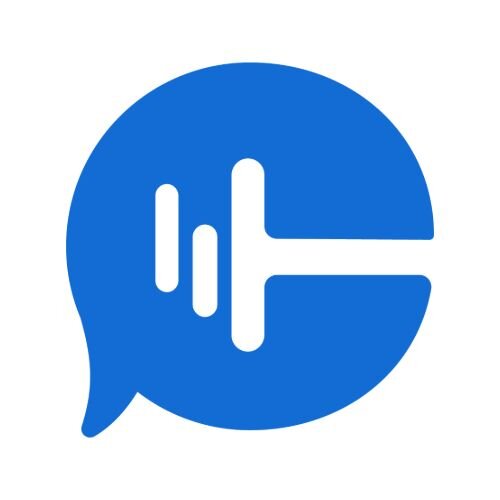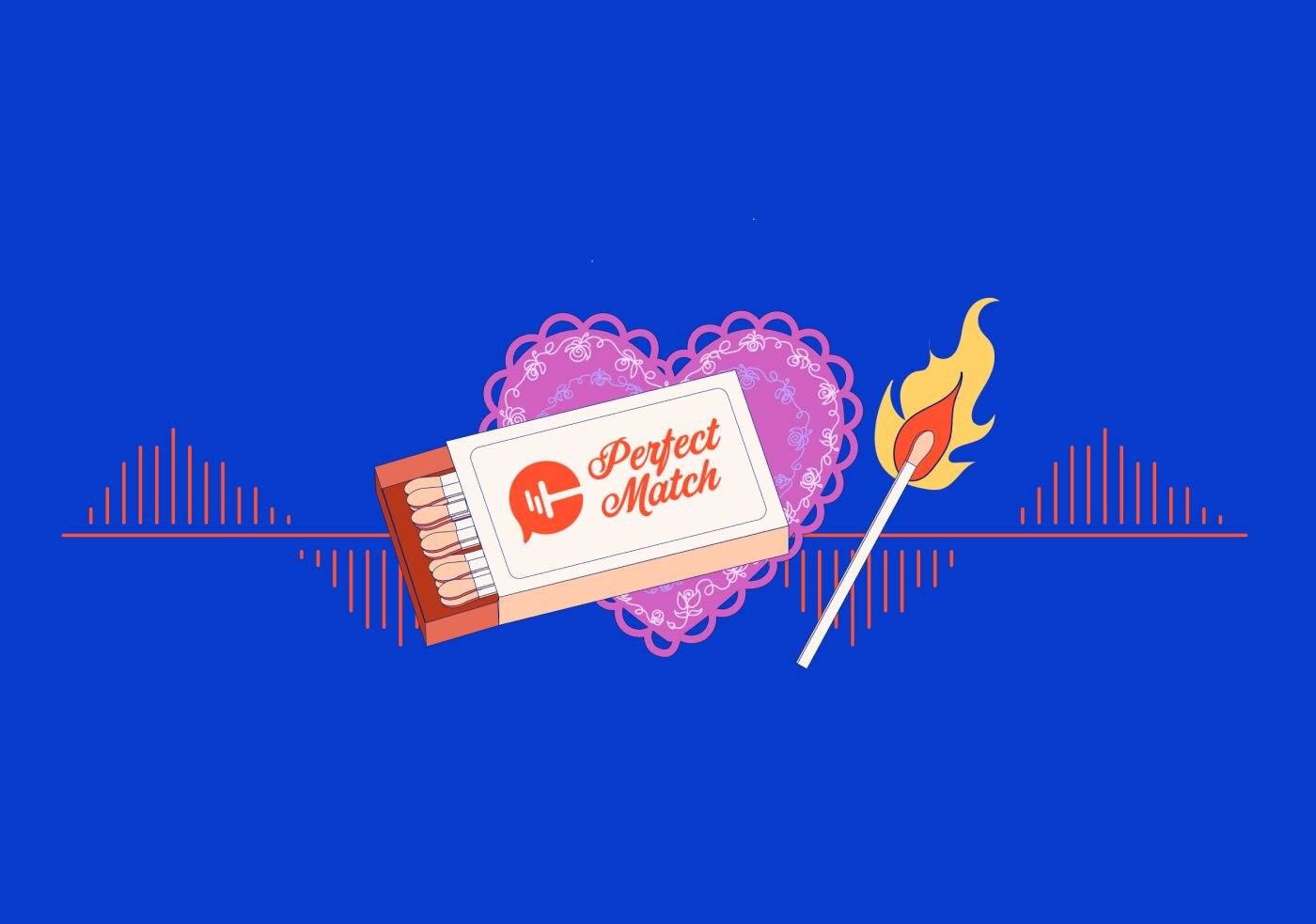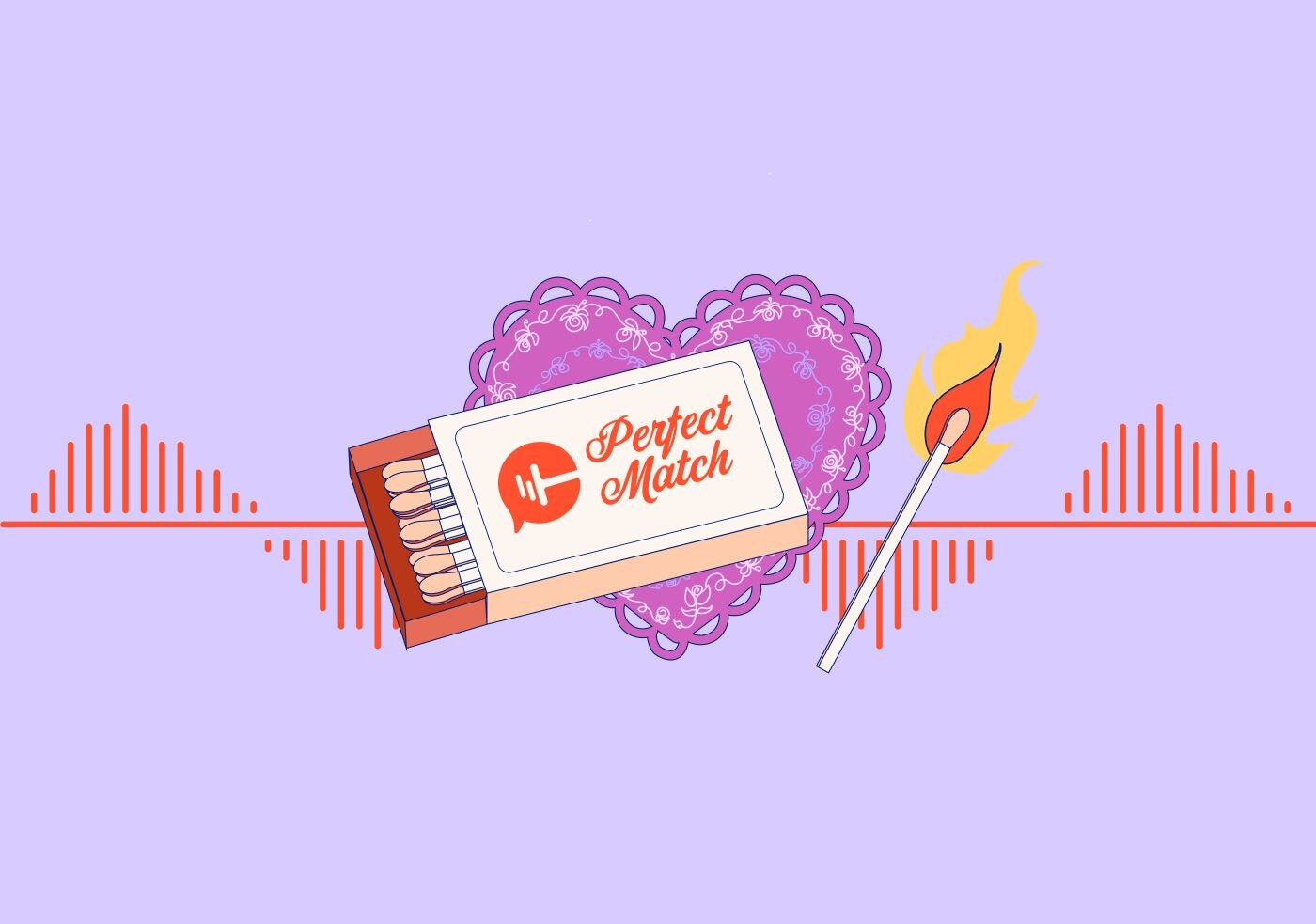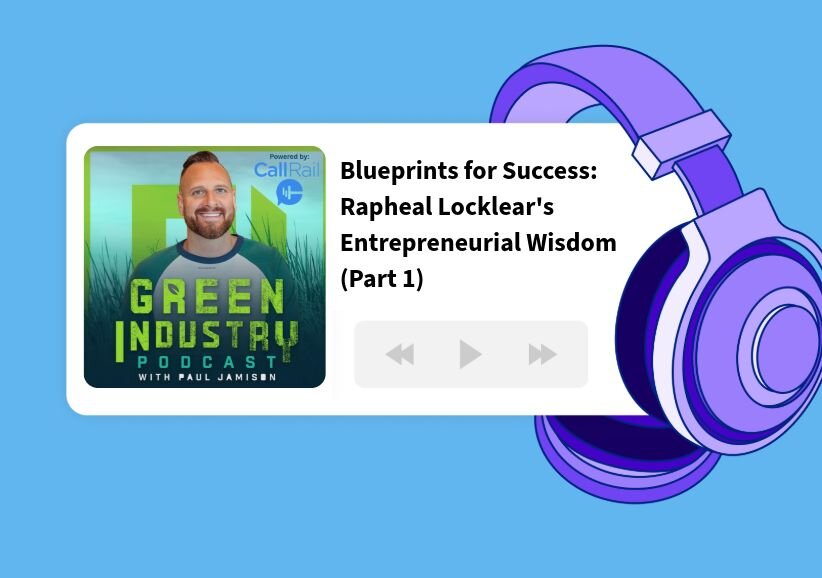Text messaging can be an extremely effective tool for communicating with customers and prospects. At CallRail, we are committed to helping businesses have smarter customer conversations, and texting is a big part of that.
However, as more and more businesses text their customers, the industry has adopted regulations to protect wireless customers from unwanted text messages. As we strive to communicate well with customers, spammy or unwelcome text messages hurt us all.
The technical nuts and bolts: What is A2P 10DLC?
The term “10-digit long code” or 10DLC refers to US and Canadian phone numbers with a locally-assigned area code – meaning all non-toll-free phone numbers are included. Messaging via these 10DLC phone numbers was initially designed for Person-to-Person (P2P) use.
The Application-to-Person or A2P standard offers a higher-throughput messaging system for business or organizational use. Carriers will now allow businesses to use 10DLC messaging. However, carriers are also protecting consumers from unwanted text messages. Messaging campaigns that are not compliant with carrier requirements can be charged carrier penalties.
All messages sent by a business are considered A2P, even if an individual is sending the message, and even if the business is a sole proprietorship. All CallRail customers who send text messages through the platform will be considered an A2P use case, and therefore must follow a two step registration process. And, it’s important to understand what you can and can’t do when it comes to texting.
What can I do to remain in compliance and avoid fees?
There are four main things you can do:
- Register your business through CallRail
- Only send messages to recipients from whom you have received explicit consent
- Avoid texting certain types of content
- Understand and refrain from certain texting behaviors designed to evade regulations
How do I register my business?
To stay in compliance with regulation changes, we are asking all customers to provide additional information via this form to avoid disruption in CallRail texting capabilities. This information includes your:
- Legal Business Name
- Business Address
- EIN (Federal Tax ID) If your business wants to send text messages, including the use of automated lead response to send a text message in response to a missed call or form submission, CallRail is requiring you to provide your legal business name and EIN (Federal Tax ID).
Why do I have to register?
The three largest U.S. Carriers (AT&T, T-Mobile/Sprint and Verizon) currently require all messages sent by a business to be delivered over A2P. Because of this, CallRail is requiring all customers to provide registration data in order to send text messages.
Are there any costs associated with A2P?
There are fees associated with initial registration as well as ongoing maintenance of the registration. In addition, there are per-message fees levied by the carriers. All of these fees vary by carrier, and may vary depending on the type of messages being sent. For simplicity, CallRail is currently absorbing all registration costs associated with A2P on behalf of its customers. We will notify customers in advance if this changes in the future. Note that CallRail will not pay penalty fees on behalf of customers.
What qualifies as consent?
Consent must be obtained directly from the recipient. It cannot be purchased or exchanged, which among other things means you may never purchase or otherwise obtain a list of people to text from a third-party.
Once granted, consent applies only to you or your business, and only for the purpose initially obtained. For example: if someone consents to receiving messages from your dental practice for appointment reminders, you may not assume consent to receive promotions about teeth-whitening.
Consent can never be inferred by other actions. For example, listing a property for sale, or having foreclosure proceedings initiated does not imply consent to receive messages inquiring to purchase the property – unless the public listing for the property specifically invites text messages to the number you are contacting.
Consent to receive a reply is automatically conferred if an individual contacts you first, but only for a reasonable response period (one business day). Future follow-up promotional messages are not automatically permitted.
Are there restrictions on what I can say in my text messages?
Yes. Some types of messages are prohibited by carriers and other regulations. Violations of these regulations may incur fines, which CallRail will collect from customers if necessary. Fines can be as high as $10,000 per violation. Callrail will pass along any warnings received, but customers are responsible for any fines levied by carriers regardless of whether or not a warning was delivered.
Prohibited messaging topics include:
- Any content that is illegal, harmful, unwanted, inappropriate, objectionable, confirmed to be criminal misinformation, or otherwise poses a threat to the public, even if the content is permissible by law.
- Anything that is illegal in the jurisdiction where the message recipient lives. Examples include, but are not limited to:
- Cannabis. Messages related to cannabis are not allowed as United States federal laws prohibit its sale, even though some states have legalized it. Similarly, messages related to CBD are not permissible in the United States. This restriction includes any message which relates to the marketing or sale of a cannabis product, regardless of whether or not those messages explicitly contain cannabis terms, images, or links to cannabis websites.
- Prescription Medication. Offers for prescription medication that cannot legally be sold over-the-counter are prohibited.
- Content related to alcohol, firearms, gambling, tobacco, or other adult content.
- Hate speech, harassment, exploitative, abusive, or any communications that originate from a hate group.
- Fraudulent messages.
- Malicious content, such as malware or viruses. Any content that is designed to intentionally evade filters or detection systems. This includes intentionally misspelled words or non-standard opt-out phrases which have been specifically created with the intent to evade these mechanisms.
Much of these prohibited topics comes from our own upstream carrier agreements via Twilio.
What other types of behavior are restricted when it comes to texting?
Attempting to evade or circumvent the A2P program, filters, or throughput limits is also prohibited. This includes techniques such as snowshoeing (using a huge count of phone numbers) or fast cycling of numbers (using numbers for a short period, then switching to a new number). These and other techniques that might dilute the reputational impact of non-compliant messaging practices are specifically prohibited.
Typical use of CallRail should not run afoul of these rules. Only deliberate attempts to send otherwise non-compliant messages would be problematic.
How will I be notified if I violate these regulations?
We will notify you via email. The message will come from support@callrail.com. Please be sure that this email address is on your safe sender list. On our end, we will do everything possible to be sure this email reaches you. All account administrators will receive this email, regardless of whether you’ve unsubscribed from other emails coming from CallRail. Note that Callrail will pass along any warnings received, but customers are responsible for any fines levied by carriers regardless of whether or not a warning was delivered.
How will charges get passed to me?
The carriers will charge CallRail, and CallRail pass these fees through directly on their behalf. You will see these fees noted in your invoice as a separate line item.
Who can I talk to if I have questions about what’s allowed and not allowed?
We encourage you to please contact support should you need information beyond what is provided here or have any concerns about your texting activity.











